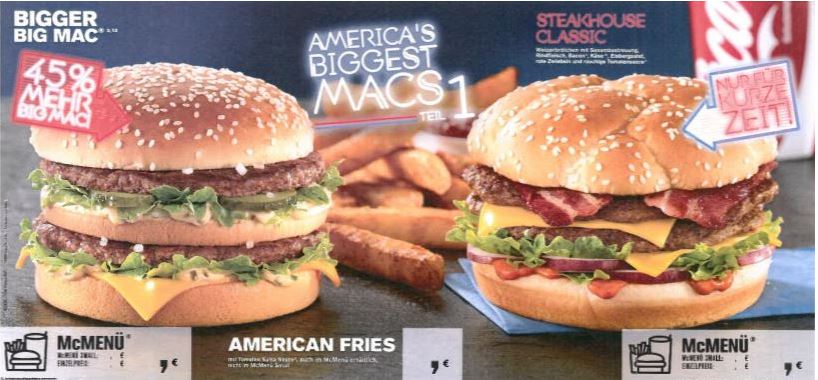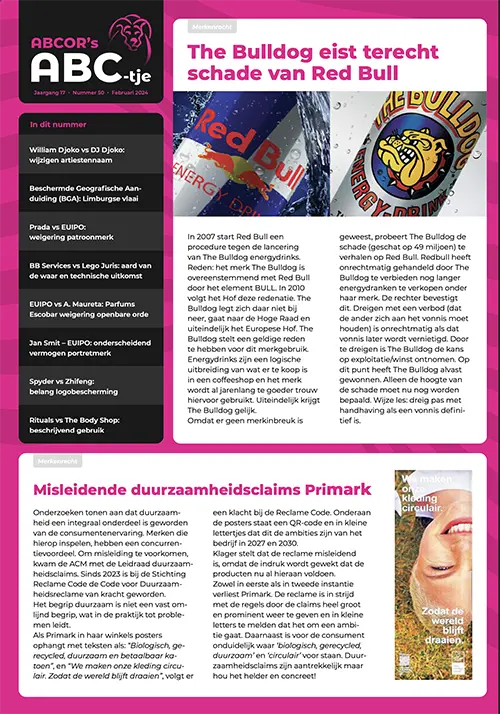Yet all that evidence is set aside by the European trademark authorities for being too generic. There is no proof that a burger has actually been sold to a consumer. Additionally, no indication was given as to what extent the advertising material had been distributed. Consequence: the Big Mac trademark was canceled.
We see this problem more often with large companies selling directly to consumers (i.e. retailers etc.) as opposed to through online shops. To avoid this problem, some companies re-file the trademark every five years (so there is no obligation to submit proof of use). McDonald’s did this too, but too late, in 2017. That might seem expensive, but it avoids many problems.
Yet it would be nice if the European Trademark authorities would adapt its policy on this point. If convincing advertising material is submitted from several countries, this should be sufficient to maintain a trademark with supporting proof of use (such as statements). Fortunately for the corporate world McDonalds is appealing this.

